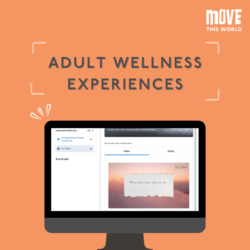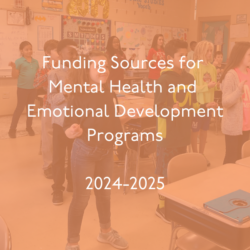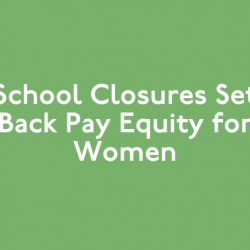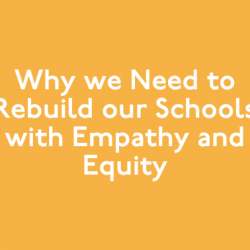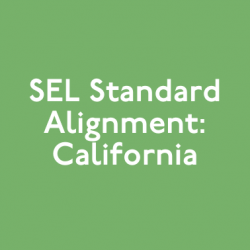According to the 2017 Colorado Healthy Kids Survey, 34% of 12th graders reported feeling sad for 2 or more weeks in a row within the past 12 months. Unfortunately, this matches a similar report amongst high school students nation-wide, according to the CDC’s Youth Risk Behavior Survey. But unlike many states, Colorado has taken steps over the past 10 years to embed more social and emotional learning into schools to help address students’ mental and emotional needs.
In 2008, Colorado passed Senate Bill 212, known as CAP4K, that requires the State Board of Education to adopt content standards that prepare students for the 21st-century workforce and active citizenship. These Colorado Essential Skills support PreK-12 and are cumulative, so students continue to develop skills as they progress through graduation. While the Essential Skills are written with the intention of helping students become career-ready, it’s clear that social and emotional competencies are at the core of each learning goal.
Interested in learning more about how Move This World aligns with Colorado’s SEL standards and guidelines? Fill out the form below:
What do the CO standards require?
In addition to the Essential Skills, Colorado’s Health Standards support social and emotional development. According to the Health Standards, prepared graduates should be able to:
-
Utilize knowledge and skills to enhance mental, emotional, and social well-being.
-
Apply knowledge and skills that promote healthy, violence-free relationships.
-
Apply personal safety knowledge and skills to prevent and treat injury.
-
Apply knowledge and skills necessary to make personal decisions that promote healthy relationships and sexual and reproductive health.
The state of Colorado even offers educators a guide for Aligning Social Skill Acquisition with Colorado Academic Content Standards, which highlights the benefits of integrating social skills into academic curricula.
-
Students become motivated when material is personally meaningful.
-
Academic subjects become connected.
-
Students become proficient in both the academic subject and the social skill.
-
Positive school climate is strengthened.
-
A safe, civil learning environment is supported without taking up additional class time.
How can you support social and emotional learning?
An SEL curriculum can help provide all students and teachers with a common language to describe emotions and emotional management and regulation. A common language not only supports students but also allows teachers to better understand and discuss social skills and embed them into their classrooms.
Move This World’s PreK-12 curriculum is aligned to the core SEL competencies as defined by CASEL and can be integrated seamlessly into every class, regardless of content area or grade. See some examples of Move This World’s learning objectives:
SEL Competencies & Learning Objectives
Self Awareness
-
Recognize and label basic emotions.
-
Identify likes and dislikes.
-
Identify and describe how different situations make us feel.
Self Management
-
Identify and use strategies to calm oneself.
-
Identify and control impulsive behavior.
-
Communicate emotions safely and authentically using a variety of modalities.
Social Awareness
-
Identify and describe how others are feeling.
-
Recognize and value that different people have different perspectives.
-
Express empathy for others.
Relationship Skills
-
Identify ways to be helpful toward others.
-
Identify and use appropriate ways to ask for help and communicate.
-
Listen to others and respond respectfully.
Responsible Decision Making
-
Identify safe and unsafe situations and how to respond.
-
Describe what you can learn from a mistake.
-
Evaluate how others influence your decisions and behaviors.
Through daily videos and guided practice, students and teachers practice emotional management strategies, develop routines that foster mental and emotional wellness, and build community within the classroom.
A school or district-wide social and emotional learning plan can support all students, staff, and families in your community. Beginning this work in PreK establishes a foundation, but continuing SEL development in higher grades impacts other outcomes, like improved academic performance and decreased behavioral incidents. Additionally, a Tier 1 approach to SEL helps provide a common language around social and emotional skills so that students, staff, and families can all participate in creating a positive school culture. District-wide SEL initiatives often include more emotional support for adults, reducing teacher turnover and creating happier school environments. Learn how Move This World can impact your school communities or contact our team to learn more about bringing social and emotional support to your district.






